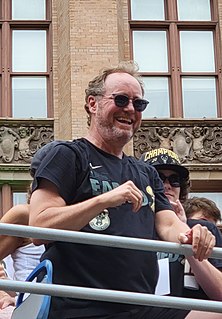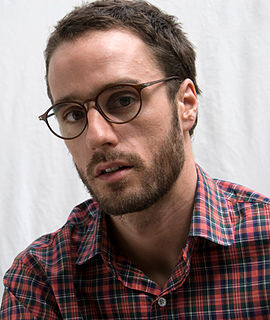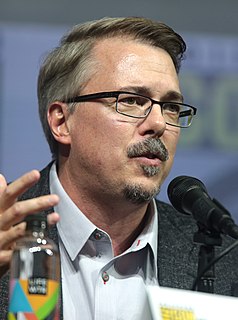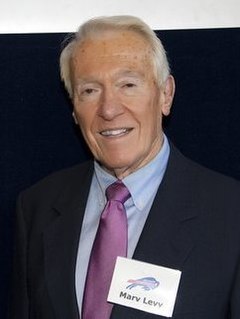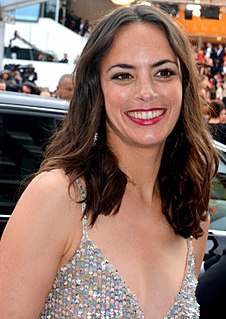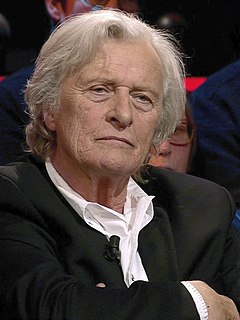A Quote by Clive Owen
You go back to those films of the '40s and '50s and hear the dialogue, the way the people played off each other - the wordplay. I think we've really lost that in movies.
Related Quotes
There were no horror movies or horror books to speak of in the '40s. I picked the '50s because that pretty well spans my life as an appreciator - as somebody who's been involved with this mass cult of horror, from radio and movies and Saturday matinees and books. In the '40s there really wasn't that much. People don't want to read about horrible things in horrible times. So, in the '40s, there was Val Lutin with The Cat People and The Curse of the Cat People and there wasn't much else.
When I see an old movie, like from the ’40s or ’50s or ’60s, the people look so calm. They don’t have smartphones, they’re not looking at computer screens, they’re taking their time. They’ll sit in a chair and just stare off into space. I think some day we’ll find our way back to that garden of Eden.
I think there's been a gigantic shift in the way we talk to each other, and the way that we communicate with each other. So as a filmmaker, the stuff's always been really interesting to me, and I sort of considered a lot of my films horror films, the ones that were relationship dramas, because I feel like it was very easy to look at modern communication and the Internet and cell phones and all that stuff as horror movies, basically.
Television is a great job for a writer in the way that movies used to be, way before my time. Back when writers in Hollywood were on staff or under contract at any given studio and you'd write movie scripts and then the movies would get made within a few weeks, such that you could be a working writer in the movie business back in the '30s and '40s and '50s and have a hand in writing five or six movies a year that actually got produced. The only thing remotely like that in the 21st century here in Hollywood is working in the TV business.
A lot of people just go to movies that feed into their preexisting and not so noble needs and desires: They just go to action pictures, and things like that. But if you go to foreign films, if you go to documentaries, if you go to independent films, if you go to good films, you will become a better person because you will understand human nature better. Movies record human nature in a better way than any other art form, that's for sure.
I never thought about how I didn't have a cell phone or I'm in 2011. I was just so happy to be able to be a character in the 30s and there are these actresses that I really liked in the 40s, 50s and 60s in American movies that I've seen since I was a little girl. But you don't really think like that when you prepare for a role.




